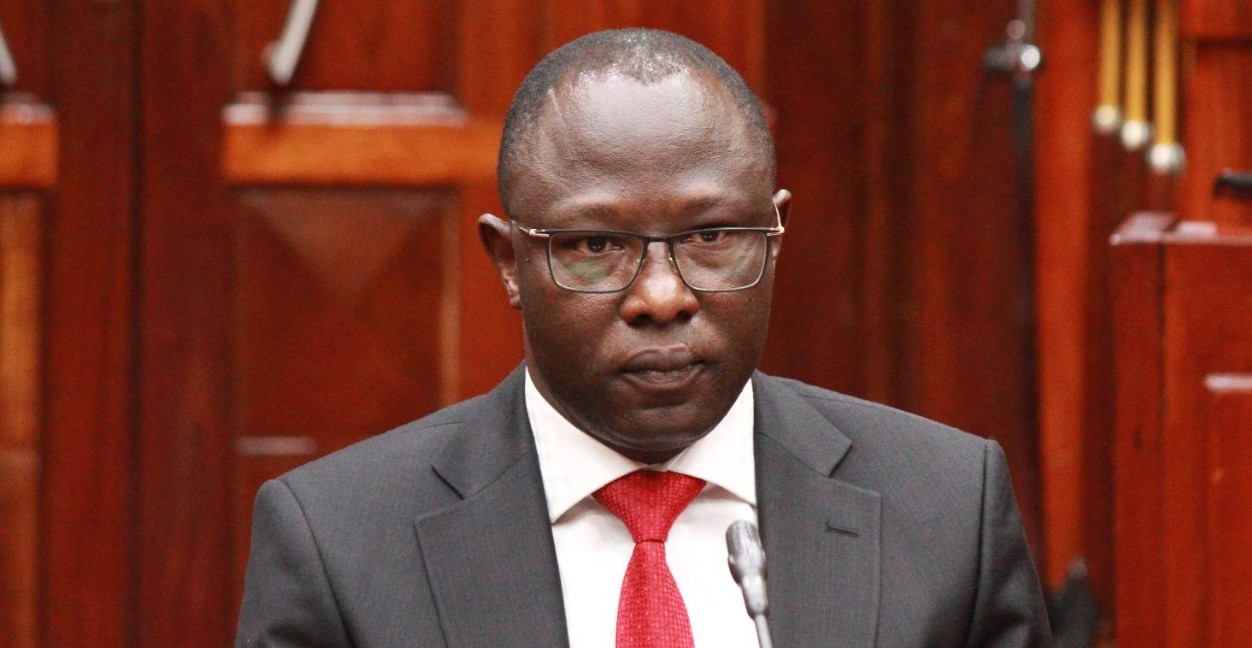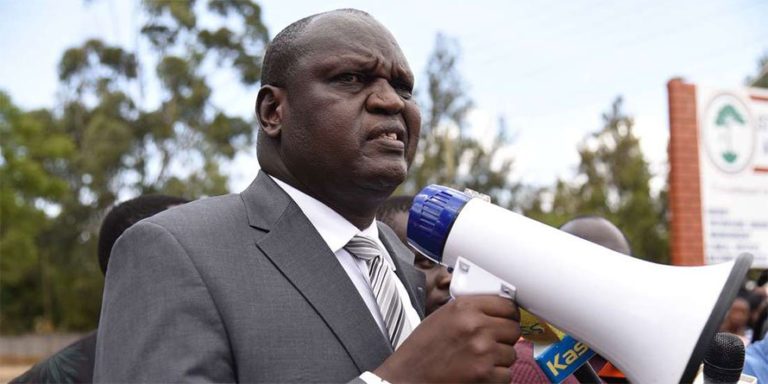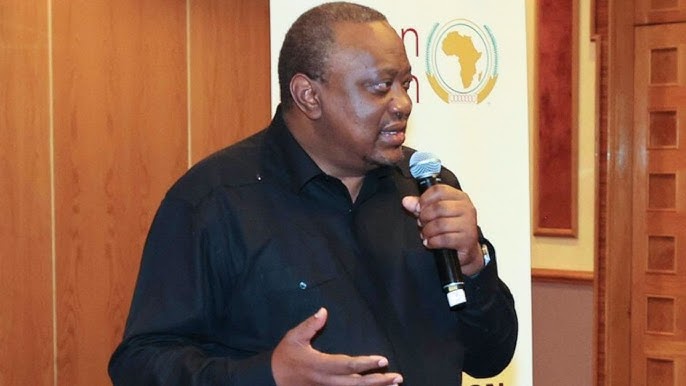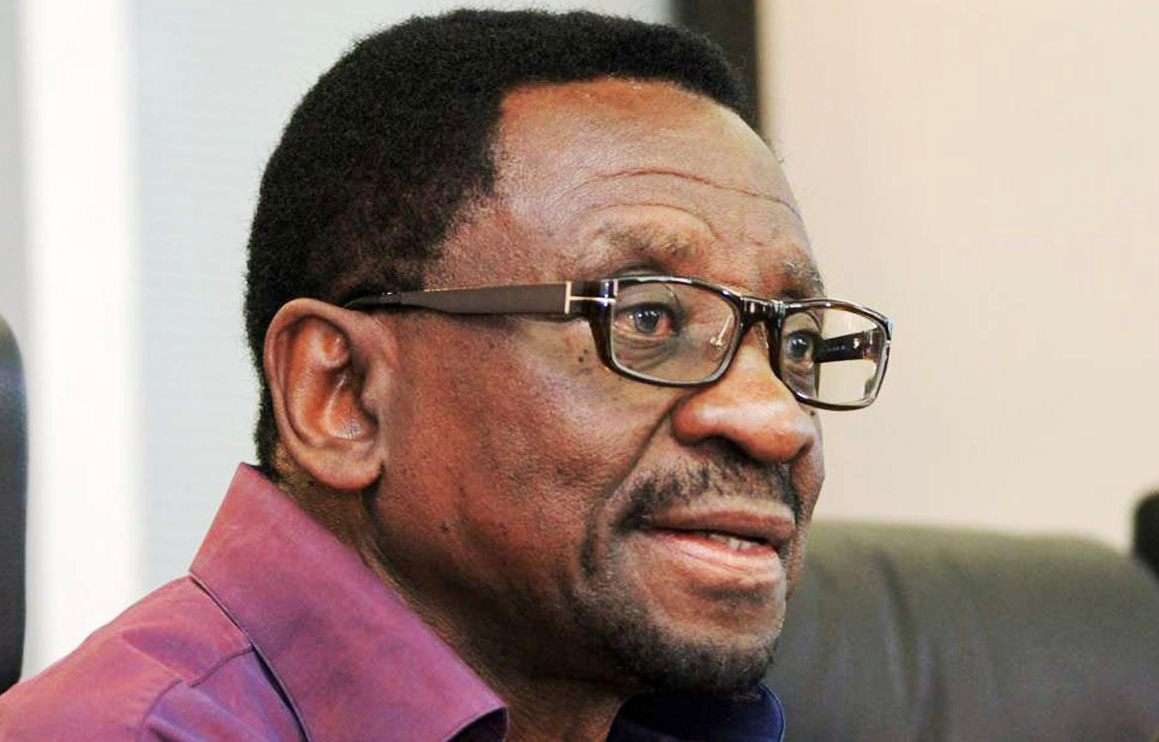As the IEBC races against time, Chairperson Erastus Edung Ethekon remains optimistic, assuring Kenyans that the by-elections will serve as a vital test run for 2027. “We are confident Kenyans will witness credible by-elections, provided resources are availed as scheduled,” he said. The commission plans to keep the public and Parliament informed through regular updates
By Our Correspondent
The Independent Electoral and Boundaries Commission (IEBC) is intensifying preparations for a critical phase of Kenya’s electoral calendar, with the resumption of Continuous Voter Registration (CVR) set for 29 September 2025 and 24 by-elections scheduled for 27 November 2025. However, the commission faces significant financial, logistical, and political challenges as it strives to restore public confidence in its operations ahead of the 2027 General Election.
The IEBC aims to register 6.3 million new voters, with 70% expected to be young people, to bolster Kenya’s electoral base to over 28 million, the highest in the nation’s history. Registration desks will be stationed at all constituency offices and 57 Huduma Centres nationwide to ensure accessibility. IEBC Chairperson Erastus Edung Ethekon has described the CVR as “a vital step in ensuring every eligible Kenyan can shape the country’s future through democratic elections.”
The commission plans to create a new voter register, capturing fresh data, removing deceased voters, and addressing inaccuracies. This process, Ethekon told the National Assembly Public Accounts Committee (PAC), will include diaspora voters, with the IEBC collaborating with the State Department for Diaspora Affairs to streamline their participation. However, concerns persist, with the Diaspora Network Hub criticising the IEBC for initially excluding Kenyans abroad, citing restrictive regulations requiring passport-based registration.
The 24 by-elections, covering one senatorial seat, six National Assembly positions, and 17 County Assembly roles, are seen as a litmus test for the IEBC’s credibility under Ethekon’s leadership. Speaking at a planning meeting with Returning Officers on 18 September 2025, Ethekon emphasised, “The expectations are high, scrutiny will be intense, and you should rise to the occasion.” The by-elections, particularly in areas like Banissa Constituency, which has lacked representation for over two years, are a chance to demonstrate logistical readiness and transparency.
However, a Sh258 million funding shortfall threatens eight of these by-elections, with the total budget required standing at Sh1.046 billion. While Sh788 million has been secured for 16 polls, the IEBC is engaging the National Treasury to unlock additional resources. Compounding these challenges are procurement delays due to a government mandate to use the electronic procurement system (e-GP), which has slowed the acquisition of election materials.
The IEBC is also grappling with a Supreme Court advisory opinion on boundary delimitation, a process delayed beyond its March 2024 constitutional deadline. Wajir South MP Mohamed Adow underscored the urgency, noting that his constituency, spanning 22,000 square kilometres, remains underrepresented with only one MP. “The people of Wajir South have waited far too long since 1964,” Adow told the PAC.
Rising political tensions and the threat of electoral violence ahead of 2027 were flagged by Funyula MP Dr Wilberforce Oundo, who cited incidents like banned election machines in Eldas Constituency as early warning signs. “Election violence can plunge this country into chaos,” Oundo cautioned, urging the IEBC to use the by-elections to demonstrate its ability to curb unrest. In response, Ethekon called on political actors, media, and society to tone down inflammatory rhetoric, stating, “IEBC alone cannot prevent violence. Our role is to execute our mandate with integrity, but all stakeholders must play their part.”
The IEBC has launched staff training in Naivasha to ensure efficiency and professionalism during the CVR and by-elections. Commissioner Ann Nderitu described the voter registration as “the cornerstone of credible elections,” urging staff to embody Kenya’s democratic values from Turkana to Nairobi. The commission has also issued guidelines for independent candidates and invited applications for voter educators, election observers, and media practitioners to enhance transparency.
Former Chief Justice David Maraga has warned that 2027 could be Kenya’s toughest election yet, criticising the IEBC for previously suspending voter registration and disenfranchising millions of youth. He urged young Kenyans to obtain national IDs and register, stating, “Your power is in your ID and your vote.”
As the IEBC races against time, Ethekon remains optimistic, assuring Kenyans that the by-elections will serve as a vital test run for 2027. “We are confident Kenyans will witness credible by-elections, provided resources are availed as scheduled,” he said. The commission plans to keep the public and Parliament informed through regular updates.
With the stakes high, the IEBC’s ability to navigate financial constraints, logistical hurdles, and political pressures will determine whether it can restore trust and deliver a robust democratic process for Kenya’s future.





